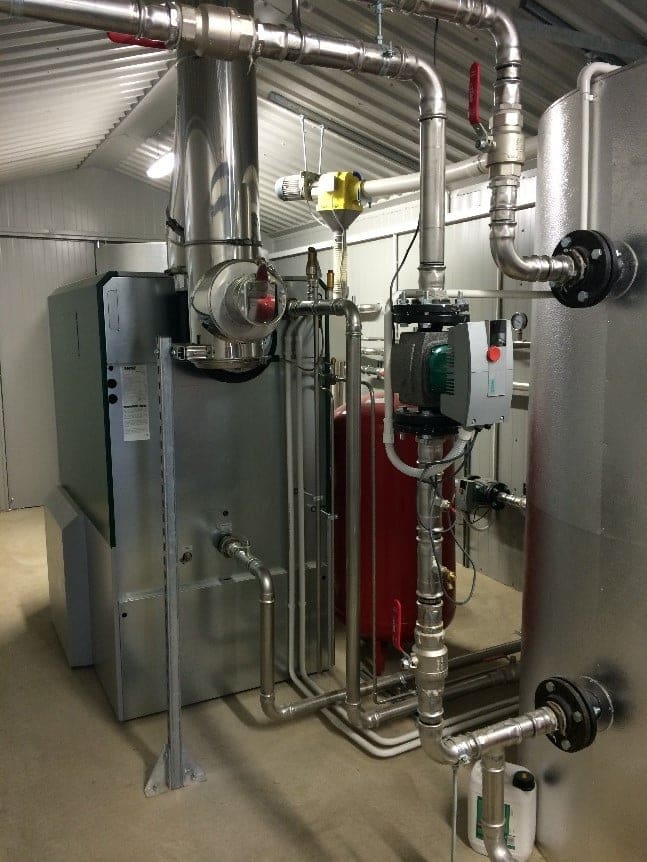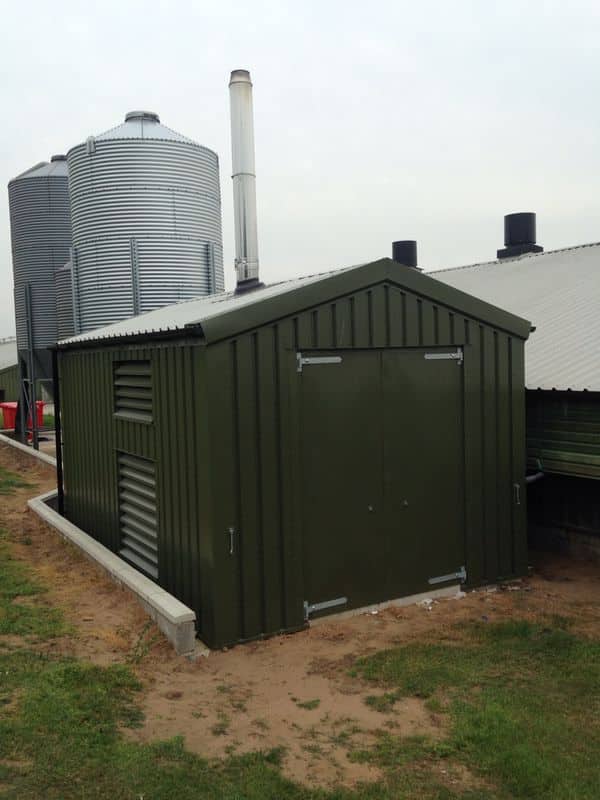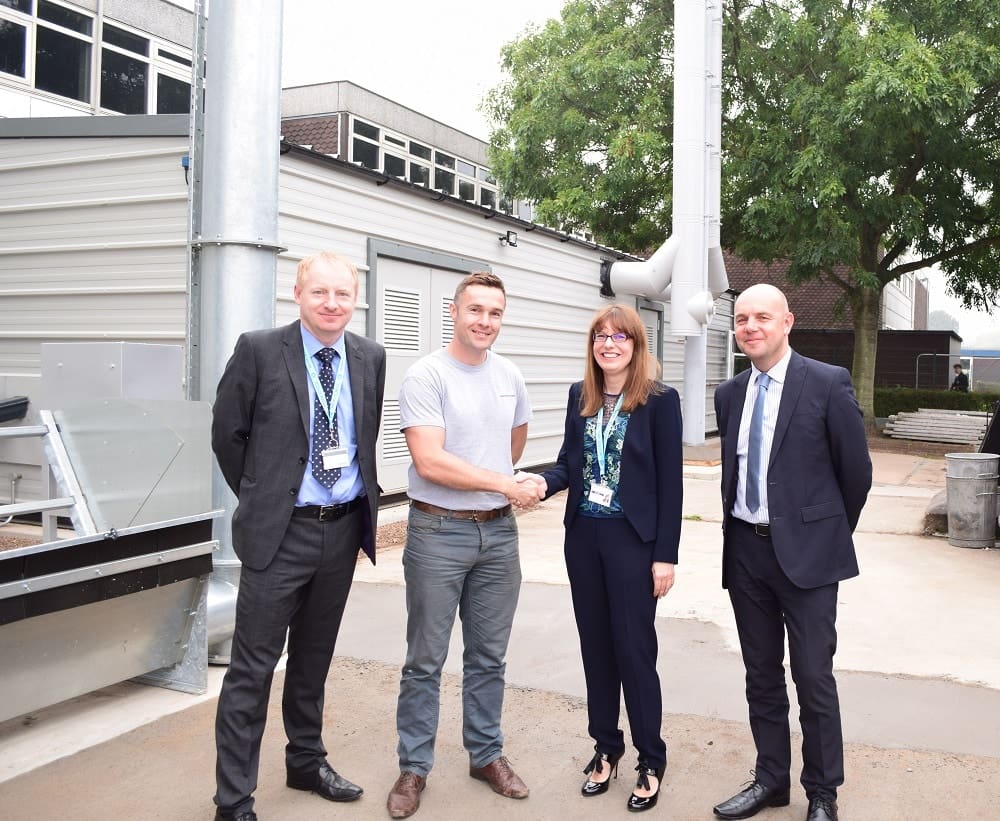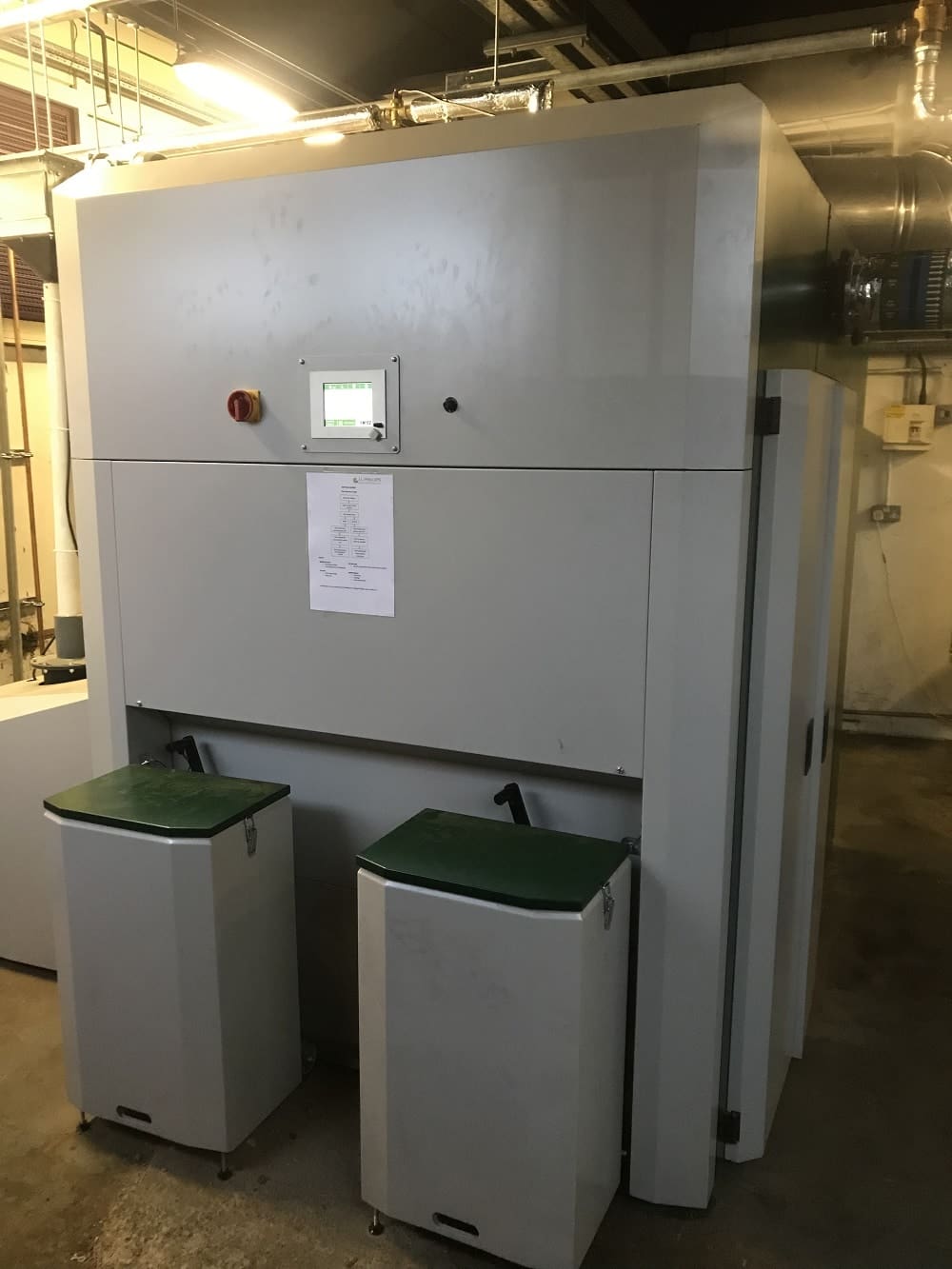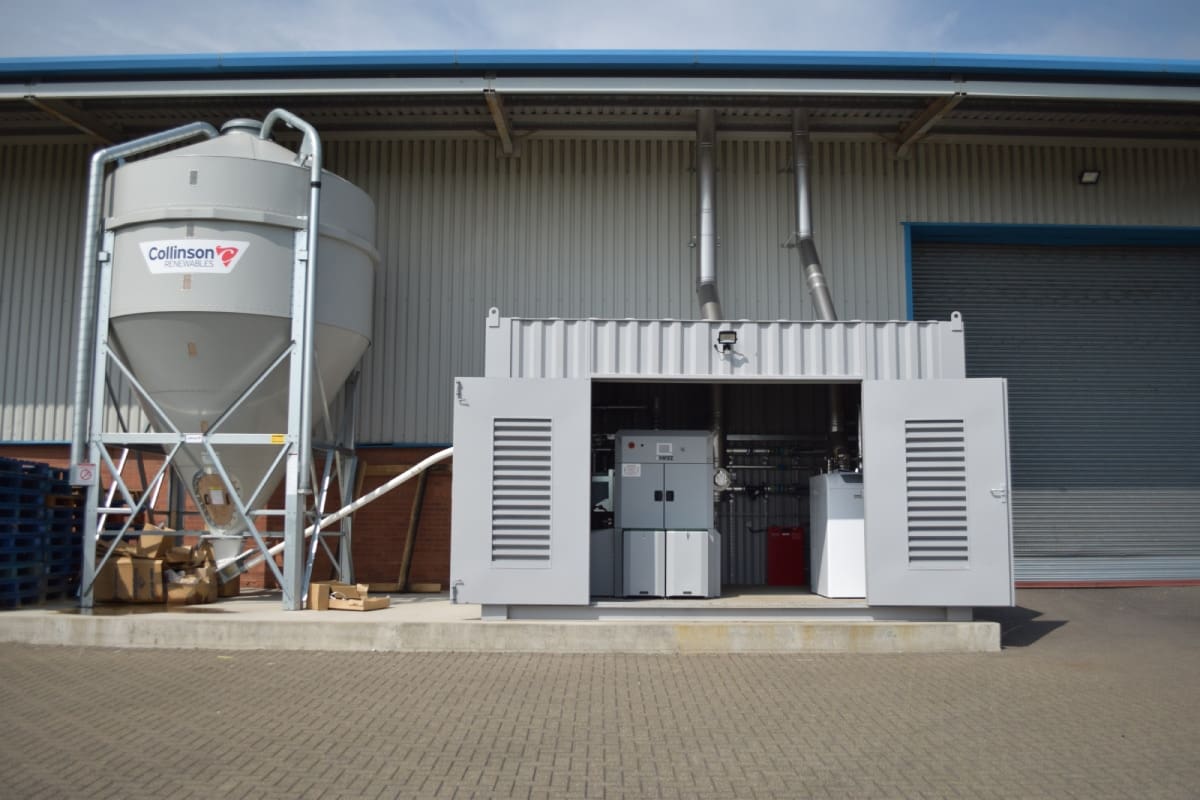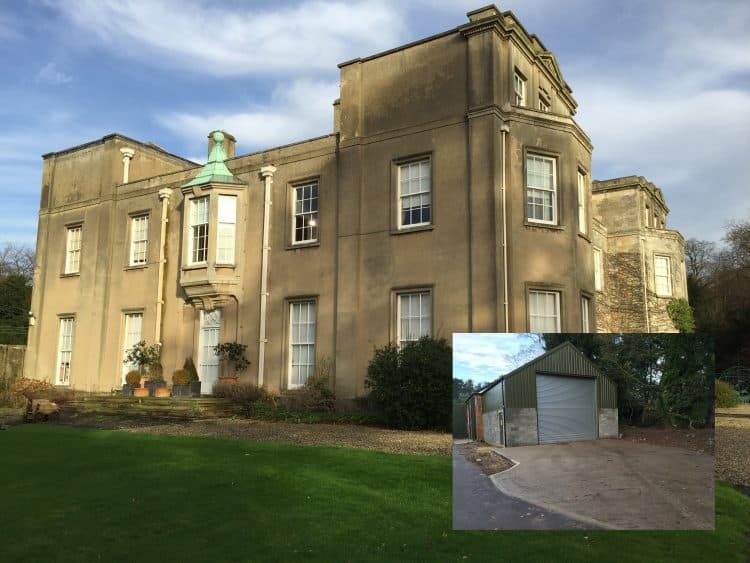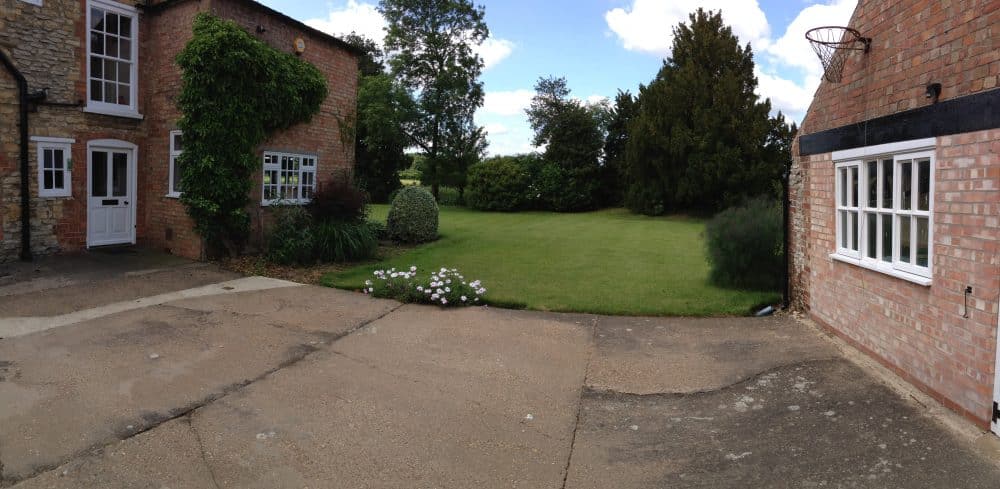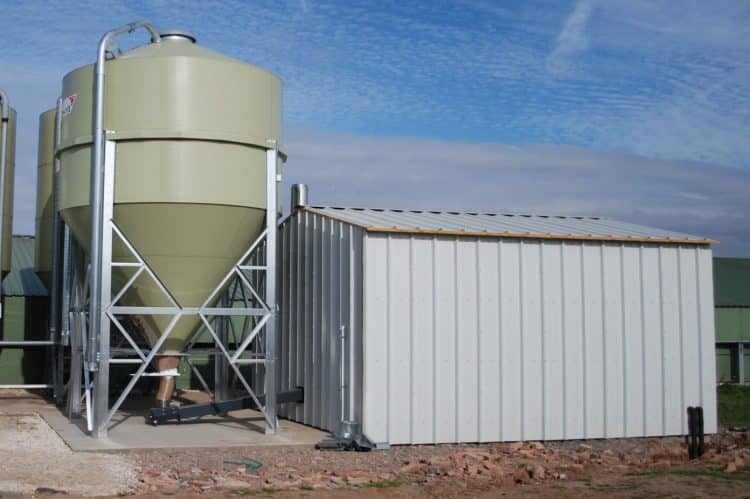Biomass Boiler Installers
Biomass Boiler Installers
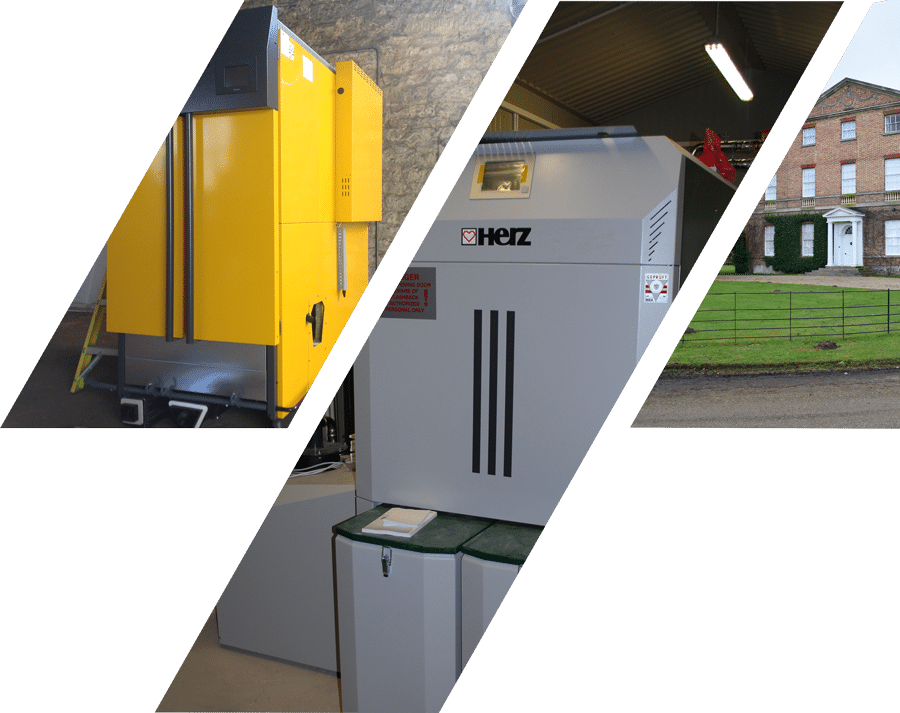
Why Biomass?
Types of Biomass Boilers
What do I need?
Why Are Biomass Boilers a Great Solution?
If you’re interested in receiving quotes on boilers, we offer you that service in a quick, simple, free of charge way. By filling in the form on the right you’ll receive up to four different quotes from our boiler suppliers without obligations.
Types of Biomass Boilers
Biomass boilers are differentiated based on the type of wood they use: chips, logs or pellets.
Wood Chip Boilers
These systems are usually not recommended for domestic use unless you need a system larger than 60kW. That is because the fuel delivery costs and large storage needs make it inconvenient for most households. Read more about domestic biomass boilers!
Wood Log Boilers
This is a great solution for people who have waste wood on their property and would like to put it to better use. However, keep in mind that you would still need to store the logs and season them for a long time (usually a year) before they can be used as fuel. These systems need more care in terms of preparation and cleaning but are the most sustainable choice for those who can supply their own wood.
Wood Pellet Boilers
These are the most popular systems for average sized households. They are more compact than other biomass boilers, but they still need more storage space compared to regular boilers. However, with the right adjustments, a pellet boiler can be suitable for many homeowners. Pellets are a great fuel option because of their easier transportation and lower costs. Find a local supplier to minimise expenses and carbon emissions.
What do I need to install a Biomass Boiler?
The simple answer to this question is that you need space. A garage usually does the trick and can accommodate all of the parts. A full wood pellet system consists of boiler, accumulation tank, fuel storage system, chimney and expansion vessel, which need around 10 square metres of space (can be more or less depending on how large the fuel storage system is).
If you don’t have a garage or a similarly sized space to store all the equipment, there are other solutions you can consider. You can choose to build the plant internally but store the fuel externally so that you only need between 6 and 8 square meters internally.
Alternatively, you can build a shed in your garden for the whole system, but extra costs for your biomass system would incur due to the plant being externally located, like the underground heat pipe. Another option is to use a hand fed boiler with a hopper, which is smaller (3-5 square metres) but requires you to manually feed it with pellets
Installing a biomass boiler can be an expensive investment, with prices going from £14,000 to £25,000. The installation of a biomass boiler for domestic purposes costs about £18,000, which is about ten times higher than the installation price of gas or oil boiler systems. The high installation costs are amongst the main reasons why biomass boilers have still not reached their full potential in terms of the number of installations. However, biomass is considered a renewable source of energy, since trees can be grown relatively quickly, and is, therefore, eligible for government aids. Moreover, biomass is carbon neutral, since the carbon emissions caused by burning wood are compensated by the growing trees, which absorb the same amount of CO2 that is previously released.
Make sure that your system is eligible for the Boiler Upgrade Scheme: pool heating systems, for instance, may not be covered. Biomass systems designed to produce heat to cook food might also not be eligible for financial support provided by the UK government.
The exact price of a biomass boiler depends on a variety of factors, such as the type of boiler, the size of the household and the number of rooms. The best way to find out the exact price designed for your household is to request quotes on biomass boilers. You can do that by filling out the contact form.
Why Choose JL Phillips?
If you’ve already installed our air/ground source heat pump or biomass boilers get in touch with our team to install underfloor heating today!

Our Accreditations


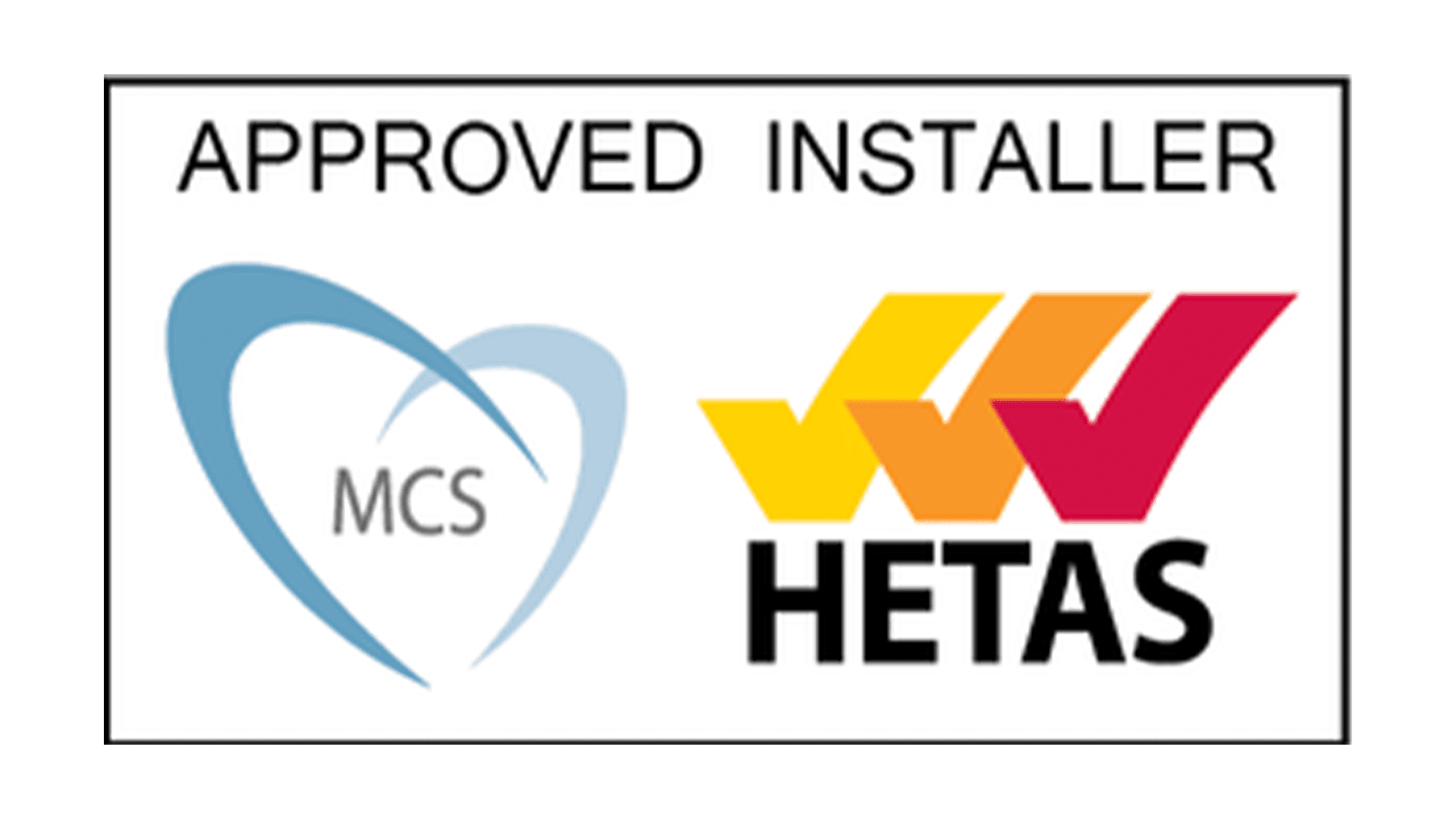


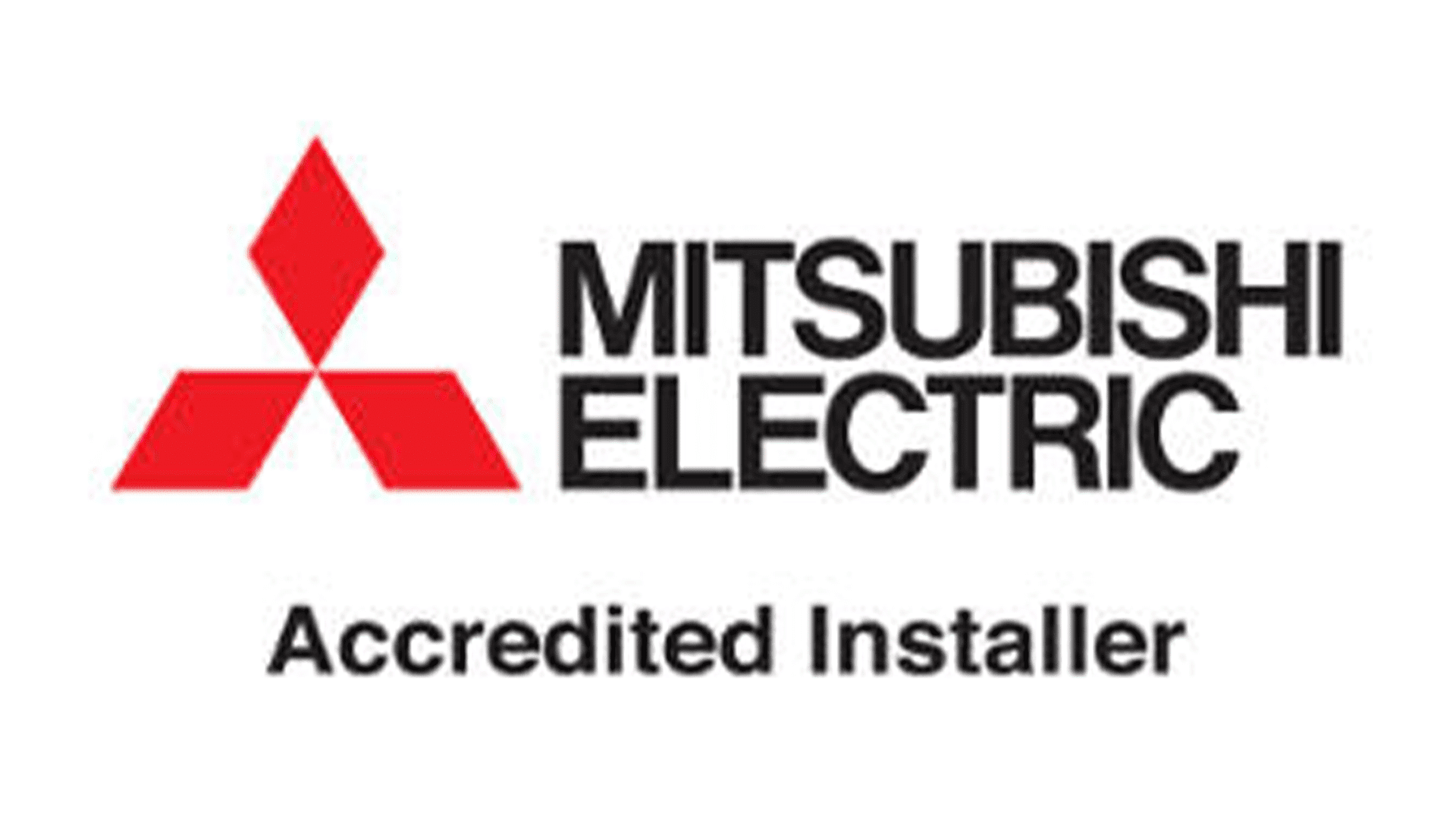

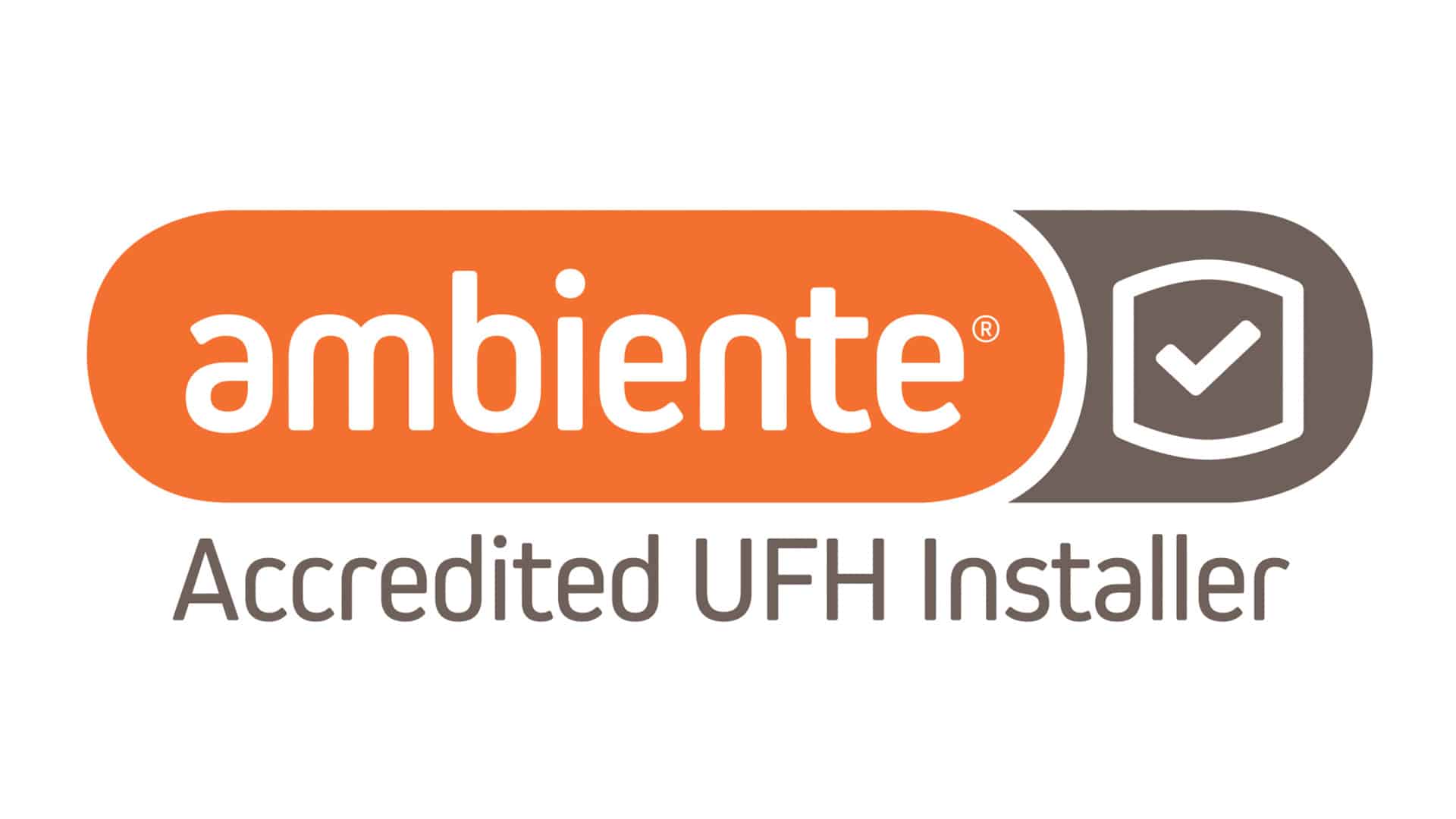
Our Easy 3 Step Process
Why not find out what a new renewable heating system might cost to install in your home or business.

Property Survey
During consultation, our sales manager will provide advice and answer any questions that may be asked.
Once we establish the type of renewable heating solution the customer is interested in, a no obligation quotation is provided followed by free site visits.
Once we have then assessed and understood the exact requirements, we will provide a fully-documented proposal.

Product Installation
Once installation is underway, our project managers and installation teams work with the customer to ensure a smooth transition from their existing heating system to the new technology.
Our teams have considerable knowledge of both the technology and the system design as well as experience within the renewable heating industry and the commercial and domestic heating sector.

Product Maintenance
Once commissioned, our service team are on hand for any call-outs, all of which are free within the 12 months following commissioning.
We always recommend annual servicing to ensure that the system continues to run efficiently and to provide peace of mind that any problems are discovered and resolved quickly.
